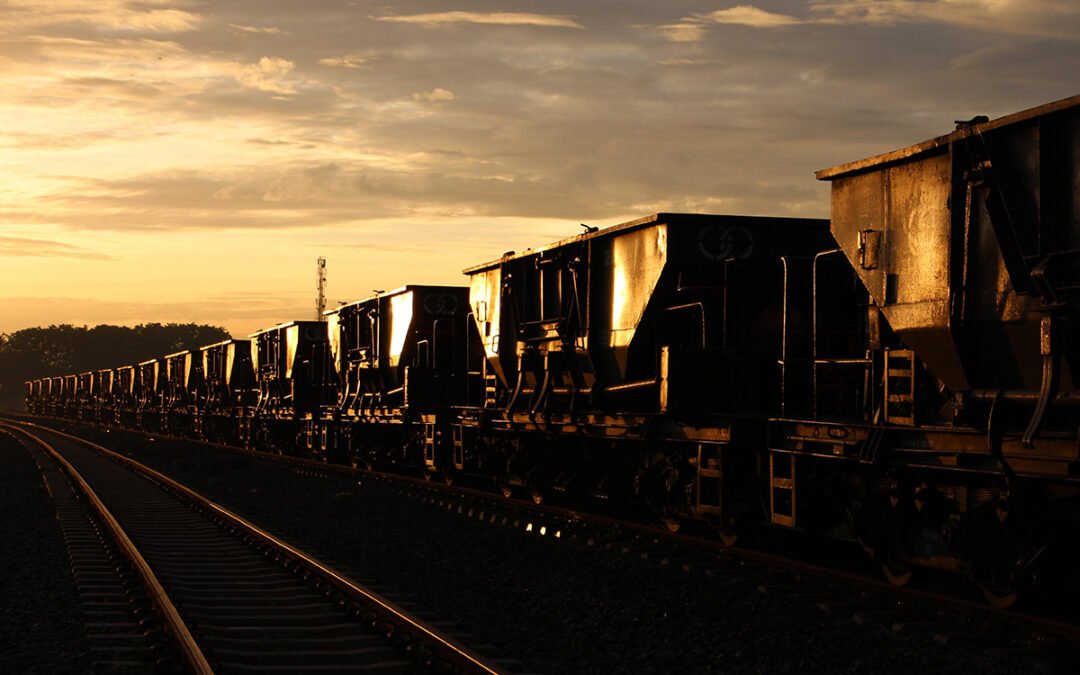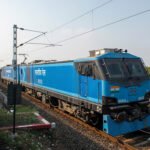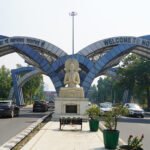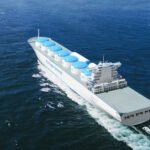The 1,337-kilometer Eastern Dedicated Freight Corridor (EDFC), which runs from Punjab to Bihar, was one of the major infrastructure projects that Prime Minister Narendra Modi encouraged. It was finished in time for the Lok Sabha elections. According to Dedicated Freight Corridor Corporation of India (DFCC) Managing Director R K Jain, the project is now prepared for commissioning, and operations on the entire corridor are probably going to start on November 1.
“The EDFC’s starting segment opened its doors in December 2020. We finished the entire corridor three years later,” Jain remarked at a press briefing. “Due to the fact that the corridor would predominantly handle coal traffic, it will give an advantage to thermal power plants in Haryana, Punjab, Uttar Pradesh, and to a lesser extent Rajasthan,” Jain added.

The project is now prepared for commissioning, and operations on the entire corridor are probably going to start on November 1.
Senior officials at the conference claimed that the corridor’s completion cost, which was substantially higher than the most recent approved price, was Rs 55,000 crore. According to Jain, land acquisition and revisions to the project’s scope were the main reasons for the cost escalation.
In order to clear congestion from the rail network and enable quicker circulation of goods, goods corridors are separate lines designed for goods trains. Dedicated freight corridors give an average speed of 50–60 kmph, which is nearly three times that of conventional railway tracks, due to the absence of passenger traffic.
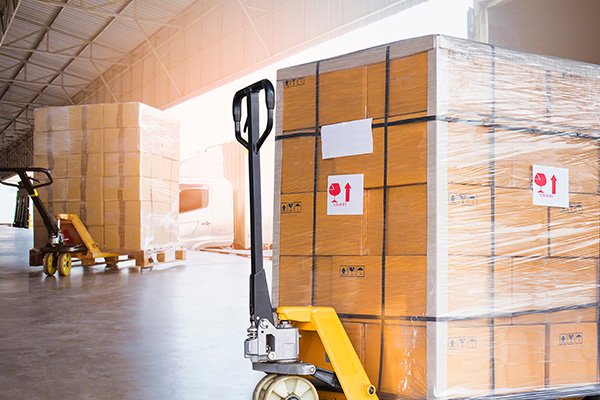
In order to clear congestion from the rail network and enable quicker circulation of goods, goods corridors are separate lines designed for goods trains.
The EDFC, which has been active in parts since 2020, now has 140 trains operating on different sections, even though it has the ability to support 250 trains per day.
It used to take 35 to 50 hours for goods trains to travel from Sonnagar to Dadri (including the busy Mughalsarai section). With the EDFC project now finished, they will now take 18 to 20 hours.
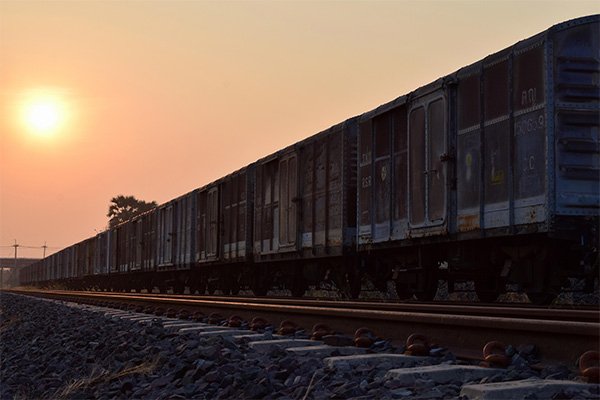
The most recent adjustment includes Rs 1.02 trillion in construction and associated costs, as well as Rs 21,846 crore for land purchase.
The corridor is anticipated to play a crucial role in the Center’s strategy to improve the transport network and prevent future coal shortages. According to Jain, the two routes now cost Rs 1.24 trillion following overruns of 54%. The Union Cabinet received a proposal for the updated costs.
The revised cost estimate for the two freight routes was approved by the Cabinet in 2015 and was set at Rs 81,459 crore. The most recent adjustment includes Rs 1.02 trillion in construction and associated costs, as well as Rs 21,846 crore for land purchase.

